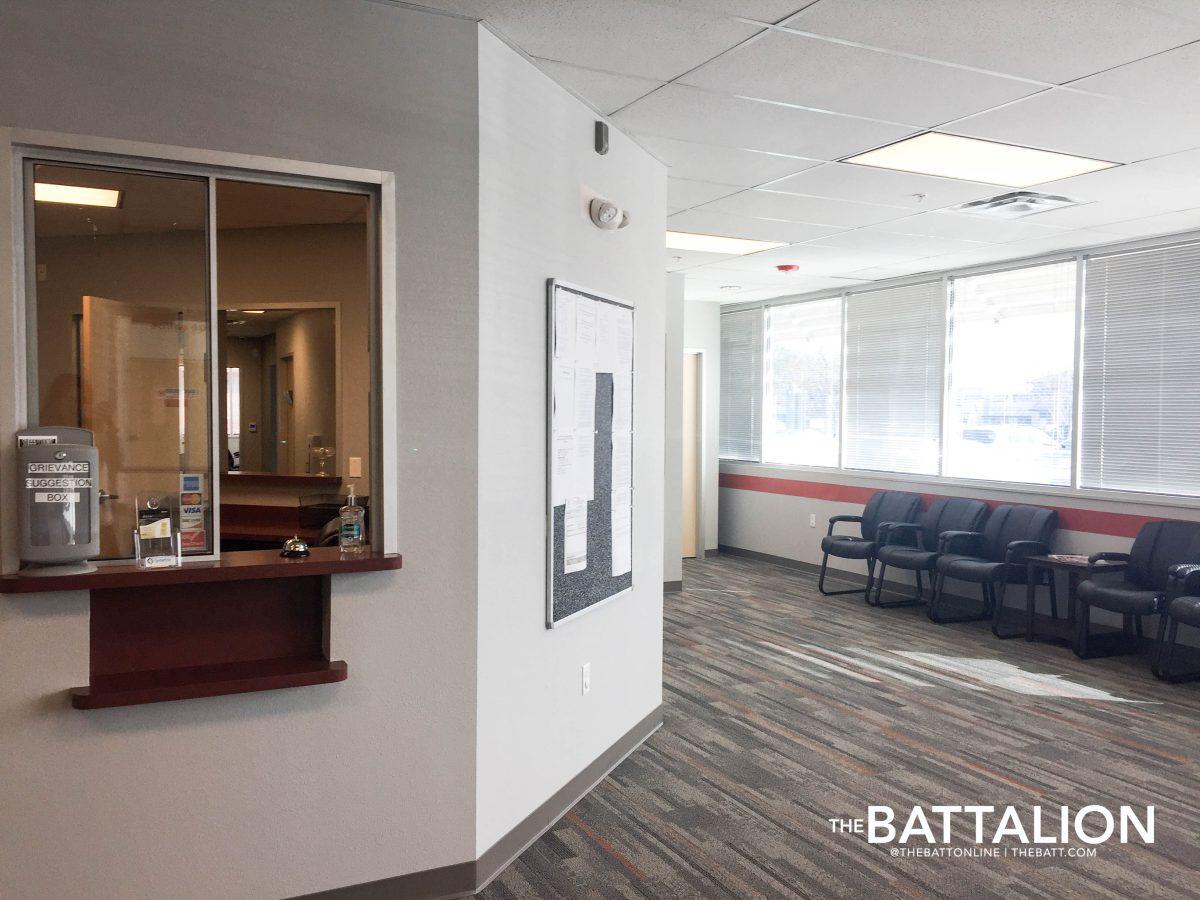As the first, and only, comprehensive treatment center currently in College Station, clinical staff at Symetria Recovery are seeking to help patients struggling with addiction.
As the national crisis of the opioid epidemic pushes through central and south Texas, the staff at Symetria, a division of Symetria Health, are looking to push back and provide a full treatment plan for patients with addictions to painkillers and other opioids.
Symetria opened on Dec. 13 with a program that includes resources such as medicated-assisted treatment and behavioral therapy to combat different types of symptoms. The College Station location is the first of several clinics being established in Texas by the same parent company.
According to Tom Bohman, CEO of Symetria Health, although there has been a steady increase in opiate use disorder and overdosing, within the past few years there has been a decrease in prescription opiates. Bohman said this deprivation is leading to a gravitation toward heroin use.
Reflecting on his 26 years in the field of addiction relief, Bohman said there is a process in which people can go from ordinary hospital patients to patients with an opiate addiction.
“Somebody is in an accident, or they have some sort of regular pain,” Bohman said. “They are introduced to opiates, and they use them for a while. But at some point in the mix of that, they start overusing to the point where they become dependent, and that ultimately will cascade into, potentially, addiction.”
Bohman said Symetria wants to provide services that will negate the fragmented style of opiate addiction care systems in which patients often bounce from residential programs to short-term outpatient programs without being completely treated.
“So, each [treatment] is happening on an island, and so there’s not communication with other providers,” Bohman said. “Their record doesn’t follow them. The providers don’t follow them, and that’s what the difference in what we’re doing differently with the Symetria method is.”
Staci Goff is a licensed vocational nurse working at the clinic. She said she wants the treatment center to be a place of support where patients feel they can receive the help they need.
According to Goff, there has already been positive atmosphere.
“[I have been] seeing the difference in the patients that come through — their attitude and the way they feel about themselves,” Goff said. “So far, we’ve had a lot of positivity come through the door. Most of our patients are very positive and want to get help.”
There is not one definitive type of person who can become addicted, according to Amy McNamara, social worker and outreach coordinator for Symetria Recovery.
“I think anyone is prone to addiction, and anyone is prone to getting addicted to a pain killer,” McNamara said. “I’ve seen patients, and I’ve heard stories of ‘My husband had his knee replaced,’ or athletes [who have become addicted]. So I don’t think it takes a certain person. I think anyone is prone to it.”
Before working at Symetria, McNamara was previously employed in hospice care. She said there are noticeable differences between the two workplaces.
“Hospice is more closing the book because the patient is not going to get better, and it’s helping that family through that process,” McNamara said. “This to me is more like the opening, because it’s a new chapter in the patient’s life and the family’s life, and it’s their first step to recovery to change their life.”
An open house will be held on Jan. 26 from 11:30 a.m. to 2:30 p.m. at Symetria Recovery Clinic as an educational program about opioid addiction.










